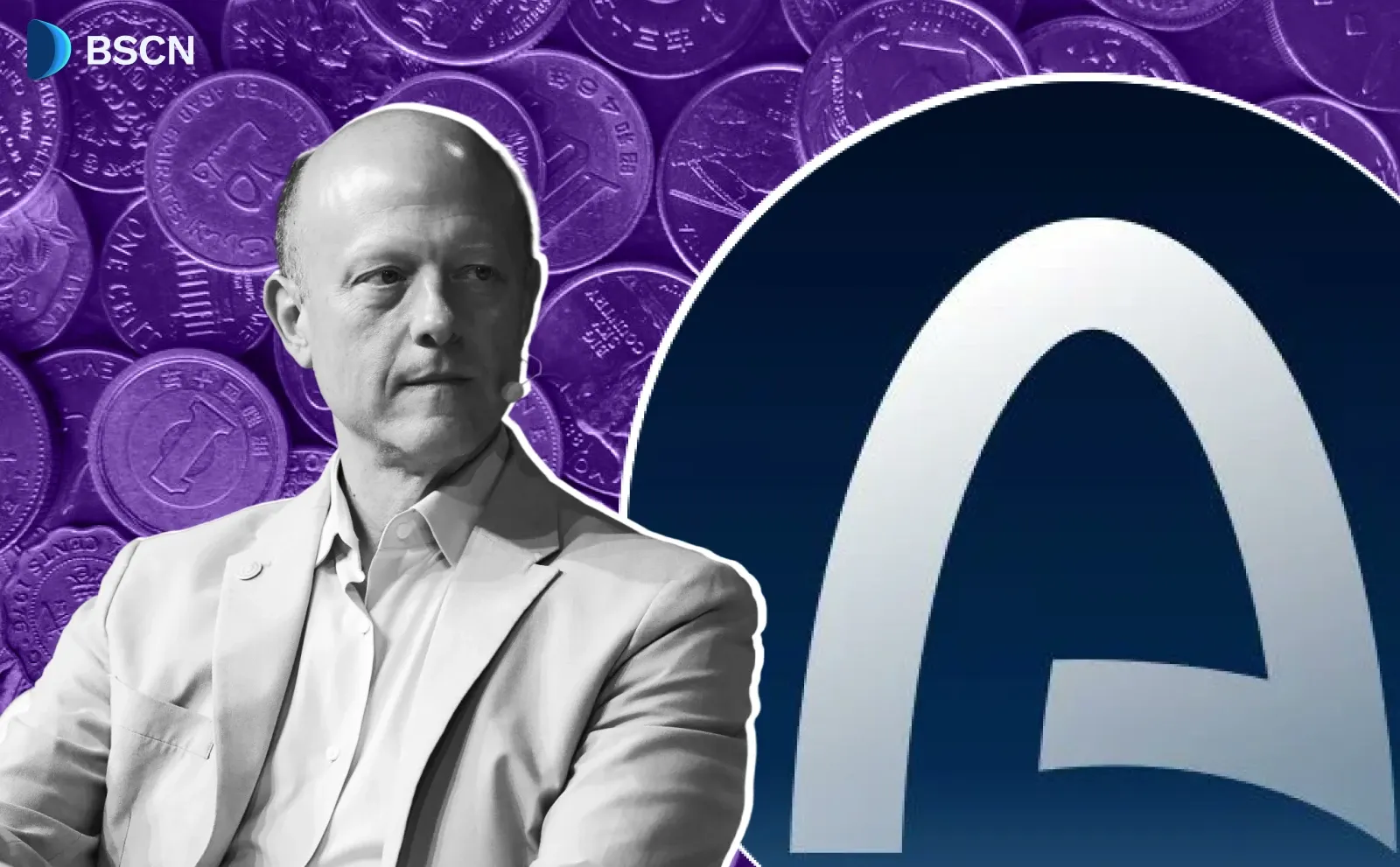The White House Crypto Policy Report: What to Know

Trump’s White House crypto report pushes for clear federal rules, stablecoin oversight, and DeFi integration. Here’s what it means for U.S. crypto markets.
Soumen Datta
July 31, 2025
Table of Contents
The Trump administration has released a preview of its first major crypto policy report, setting the stage for sweeping regulatory changes in how digital assets are handled in the United States. The short answer: the White House wants to fully enable crypto trading at the federal level, support stablecoins, embrace DeFi, and block any attempt to launch a central bank digital currency (CBDC).
The new plan outlines a framework that the White House believes will streamline regulation, encourage innovation, and protect investors—all while strengthening the position of the U.S. dollar in the global digital economy.
What’s in the White House Crypto Report?
The report comes from the President’s Working Group on Digital Asset Markets, formed in January 2025. It reflects the first public findings from the crypto task force, led by officials including Treasury Secretary Scott Bessent and SEC Chair Paul Atkins.
While the full report is expected soon, a fact sheet shared by the White House reveals the following key priorities:
- Enable federal-level digital asset trading through clear rules from the SEC and CFTC
- Fully implement the GENIUS Act (stablecoins) and Clarity Act (market structure)
- Encourage DeFi integration into traditional financial systems
- Block development of a CBDC in the U.S.
- Streamline access to bank charters for crypto firms
- Establish tax clarity for mining, staking, and payments
- Clarify roles between CFTC and SEC based on token classification
Federal-Level Crypto Trading: Clarity Is Coming
A central goal of the report is to eliminate uncertainty about who oversees what in crypto markets. It urges Congress to pass legislation that would define a clear market structure for digital assets, and asks the SEC and CFTC to immediately:
- Clarify how trading platforms should register
- Define rules for custody of digital assets
- Ensure consistent practices for recordkeeping and compliance
This is a shift from past years, where unclear rules led to regulatory overlap, enforcement actions, and lawsuits against major exchanges.
Stablecoins Take Center Stage
Stablecoins—especially those pegged to the U.S. dollar—are a major focus. The GENIUS Act, recently signed into law, establishes a federal framework for the issuance and oversight of stablecoins.
The report:
- Urges quick implementation of the GENIUS Act
- Frames dollar-pegged stablecoins as a strategic asset that supports U.S. monetary strength
- Rejects CBDCs, citing concerns over privacy and surveillance
This position aligns with recent legislation, including the Anti-CBDC Surveillance State Act, which aims to prohibit any development of a U.S. central bank digital currency.
DeFi and Regulatory Sandboxes
The report embraces decentralized finance (DeFi), calling it a tool for expanding access to credit and financial services.
Rather than trying to force DeFi into legacy systems, the White House recommends:
- Using regulatory sandboxes to allow experimentation without penalty
- Introducing safe harbor provisions for developers and platforms
- Streamlining regulatory approval for new financial products
While this is a major departure from past attitudes, the report still emphasizes the need for oversight and consumer protection.
Banking Access and Charter Transparency
In response to what the industry has called "Operation Choke Point 2.0"—a pattern of banks denying services to crypto companies—the report advises banking regulators to:
- Clarify the process for crypto firms to apply for master accounts
- Make the requirements for bank charters transparent
- Ensure crypto businesses can access the banking system without unfair barriers
This recommendation could directly impact firms looking to provide digital asset custody or launch crypto-native financial services.
Tax and Token Classification Updates
The working group calls for clearer crypto tax guidance from the Treasury and IRS, specifically on:
- Mining and staking rewards
- Corporate alternative minimum tax (CAMT)
- De minimis exemptions for small crypto transactions (like coffee purchases)
The report also supports clearer rules for token classification:
- Commodity tokens would be governed by the CFTC
- Security tokens would fall under SEC oversight
This two-pronged structure would simplify compliance and reduce regulatory confusion for crypto projects and exchanges.
What’s Missing?
While the fact sheet covers a wide range of policy areas, there are a few notable omissions:
- No mention of a federal crypto reserve or any plans for the government to hold digital assets like Bitcoin
- No detailed guidance on privacy coins or cross-border crypto activity
- No official language yet on NFTs, though their treatment may fall under existing securities rules
What This Means for the Industry
The White House report lays out a policy framework that supports crypto markets by providing clear rules and reducing uncertainty. If passed into law, these policies would:
- Enable federal-level digital asset trading
- Establish stablecoin rules that prioritize the U.S. dollar
- Support DeFi without stifling innovation
- Create separate roles for the SEC and CFTC based on token type
- Improve crypto tax clarity and simplify small payments
- Reject the launch of a surveillance-based CBDC in the U.S.
It is clear that Congress and regulators will have to implement crypto, but there is no reason to ignore or punish it - for now.
Resources:
The White House Crypto Policy Report: https://www.whitehouse.gov/crypto/
Reuters Report: https://www.reuters.com/legal/government/white-house-crypto-policy-report-calls-sec-action-new-legislation-2025-07-30/
Bloomberg Report: https://www.bloomberg.com/news/articles/2025-07-30/trump-crypto-group-unveils-proposals-to-boost-digital-finance
CoinDesk Report: https://www.coindesk.com/policy/2025/07/30/donald-trump-s-golden-age-of-crypto-takes-shape-aims-defi-towards-mainstream-report?utm_source=chatgpt.com
Read Next...
Frequently Asked Questions
What is the White House crypto policy report?
It’s a policy document previewed by the Trump administration outlining how the U.S. will regulate crypto markets, with support for federal trading, stablecoins, and DeFi.
What is the GENIUS Act?
The GENIUS Act is a new federal law that creates a legal framework for stablecoins pegged to the U.S. dollar, supporting their use in the financial system.
Will the U.S. launch a central bank digital currency (CBDC)?
No. The report explicitly opposes the creation of a U.S. CBDC, citing privacy concerns and promoting legislation to ban any future development of one.
Disclaimer
Disclaimer: The views expressed in this article do not necessarily represent the views of BSCN. The information provided in this article is for educational and entertainment purposes only and should not be construed as investment advice, or advice of any kind. BSCN assumes no responsibility for any investment decisions made based on the information provided in this article. If you believe that the article should be amended, please reach out to the BSCN team by emailing [email protected].
Author
 Soumen Datta
Soumen DattaSoumen has been a crypto researcher since 2020 and holds a master’s in Physics. His writing and research has been published by publications such as CryptoSlate and DailyCoin, as well as BSCN. His areas of focus include Bitcoin, DeFi, and high-potential altcoins like Ethereum, Solana, XRP, and Chainlink. He combines analytical depth with journalistic clarity to deliver insights for both newcomers and seasoned crypto readers.
Crypto Project & Token Reviews
Project & Token Reviews
Comprehensive reviews of crypto's most interesting projects and assets
Learn about the hottest projects & tokens
Latest Crypto News
Get up to date with the latest crypto news stories and events

















